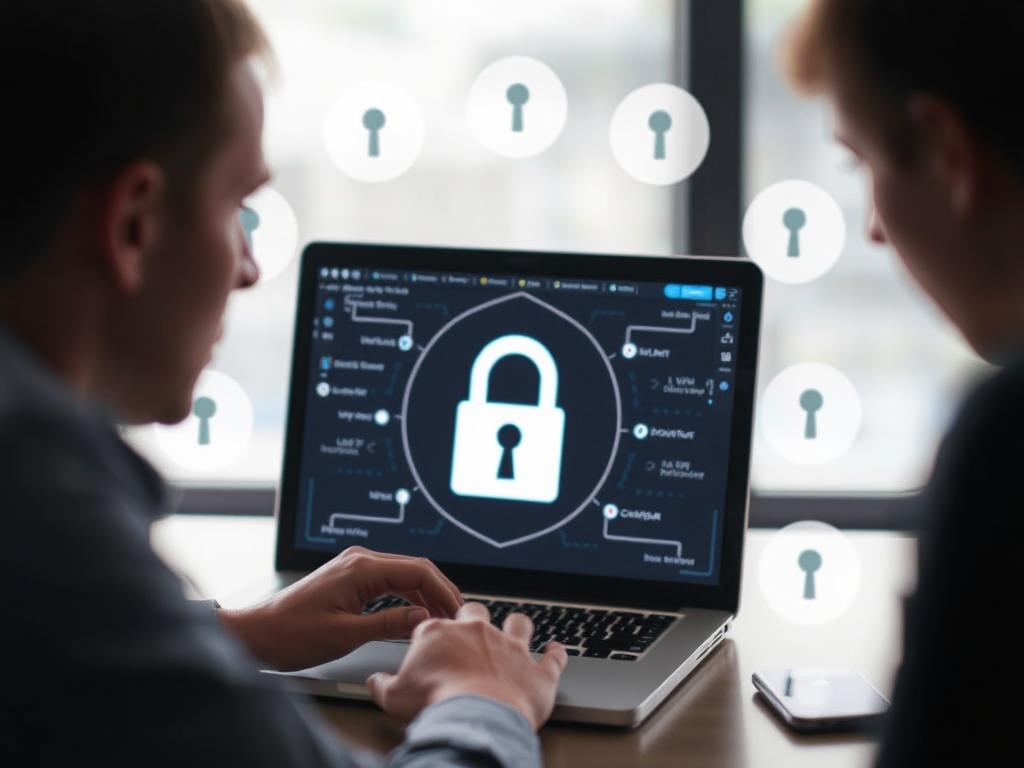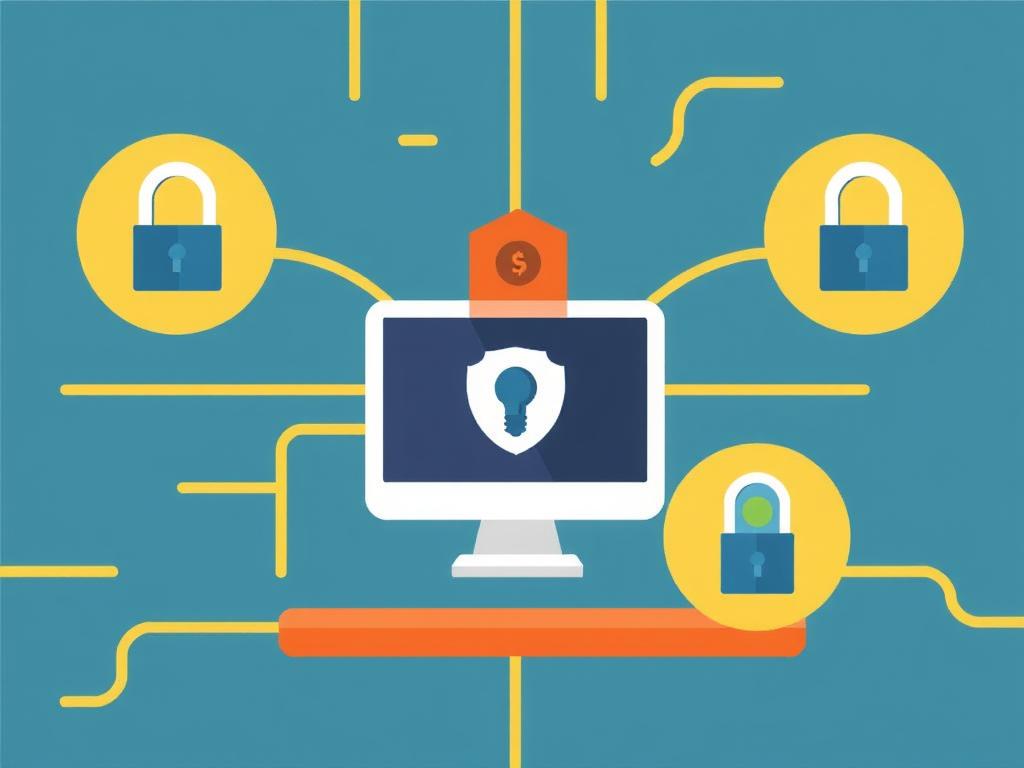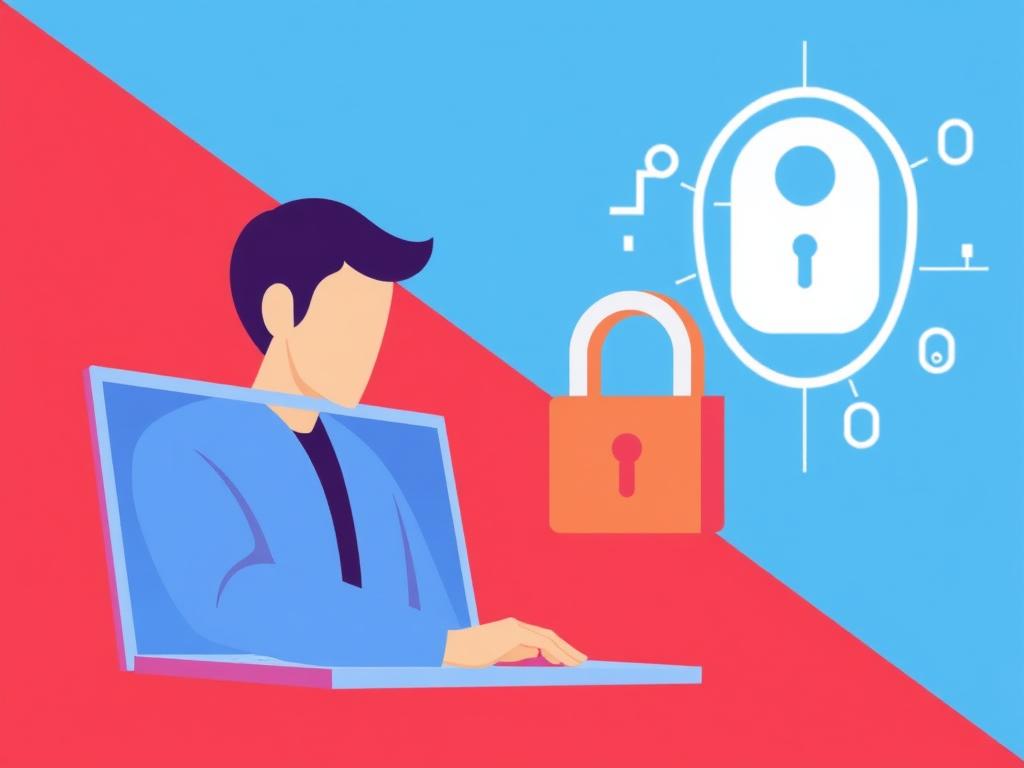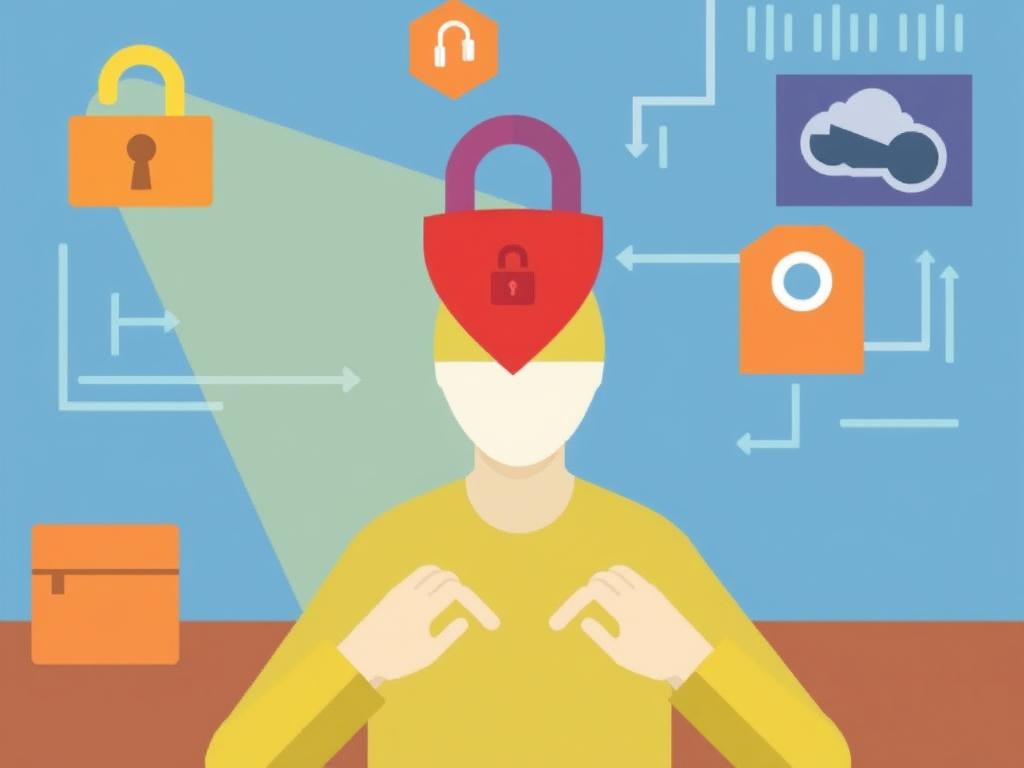Understanding ISP Surveillance: What’s Really Happening?
In today’s digital world, Internet Service Providers (ISPs) play a key role in connecting us to the vast online universe. But along with this convenience, there’s a less obvious reality: ISPs can track and monitor your online activities. When you browse the web, stream videos, or send emails, your ISP can potentially see what you’re doing. This is because your internet traffic passes through their servers, where data can be logged and analyzed. For many, this raises serious privacy concerns. How does this surveillance work exactly? What information can ISPs gather? And importantly, how can you protect yourself? This is where Virtual Private Networks, or VPNs, come into the picture as a powerful tool to avoid ISP surveillance.
Your ISP can monitor your browsing history, collect data about sites you visit, and even sell this information to advertisers or government agencies without your explicit consent. This practice isn’t just hypothetical; in many countries, laws allow or even require ISPs to log user data for national security or commercial purposes. Even if you trust your ISP, the risk of data breaches or misuse of your personal information is always present. So, understanding how to maintain your online privacy is crucial.
What is a VPN and How Does it Work?

A VPN, or Virtual Private Network, is a service that creates a secure, encrypted connection between your device and the internet. When you use a VPN, your internet traffic is routed through an encrypted “tunnel” to a remote server operated by the VPN provider. This process masks your true IP address and makes it very difficult for your ISP to see what websites you’re visiting or what data you’re sending and receiving.
Here’s a simplified breakdown of how a VPN helps avoid ISP surveillance:
- Encryption: Your internet data is scrambled, making it unreadable to anyone snooping on the network, including your ISP.
- IP Masking: Instead of your ISP seeing your actual IP address and location, they only see the VPN server’s IP address.
- Traffic Routing: Traffic is funneled through secure servers, preventing ISPs from monitoring the full scope of your online behavior.
In other words, a VPN acts like a privacy shield, ensuring that your ISP can only see that you’re connected to a VPN server but not what you’re doing beyond that point.
Why ISPs Want to Track Your Online Activity
Before diving deeper into how VPNs help avoid ISP surveillance, it’s worth understanding why ISPs track your internet usage in the first place. There are a few key motivations behind this practice:
- Advertising Revenue: By collecting data on your browsing habits, ISPs can tailor advertisements or sell your data to third parties.
- Network Management: ISPs monitor traffic to manage bandwidth and prioritize certain types of internet use, such as streaming or gaming.
- Legal and Regulatory Compliance: In some cases, governments require ISPs to log user data for law enforcement or national security purposes.
While some of these reasons seem practical, the overarching consequence is a reduction in your online privacy. This tracking can expose you to targeted ads, data breaches, or even unfair treatment based on your browsing habits.
How VPNs Stop Your ISP from Keeping Tabs on You
Let’s dig a little deeper into the technical ways a VPN helps avoid ISP surveillance:
| Surveillance Method | How VPN Prevents It |
|---|---|
| Traffic Monitoring | Encrypts your data, making it unreadable to ISPs. |
| IP Address Tracking | Hides your real IP by using the VPN server’s IP address instead. |
| Browsing History Logging | Prevents ISPs from knowing the websites you visit by masking destination sites. |
| Data Selling to Advertisers | Blocks ISPs from gathering detailed data, reducing the chance it will be sold. |
By encrypting and rerouting your traffic, VPNs create a safe and private environment for your internet activities. Even if your ISP logs data, what they see is meaningless without access to the decrypted traffic or the actual websites you’re visiting.
Extra Benefits of Using a VPN
Besides protecting you from ISP surveillance, VPNs offer some additional perks, making them a popular choice for privacy-conscious users. Here are a few notable ones:
- Accessing Geo-Restricted Content: Since VPNs can make it look like you’re browsing from another country, you can unlock region-locked videos, websites, or services.
- Secure Public Wi-Fi Usage: VPNs secure your data on unsecured networks, protecting you from hackers and snoopers in cafes, airports, or hotels.
- Bypassing Censorship: In countries with strict internet censorship, VPNs help users break through government restrictions to access the open internet.
Choosing the Right VPN to Maximize Your Privacy
Not all VPNs are created equal when it comes to privacy protection and avoiding ISP surveillance. It’s important to choose a VPN with strong security features and transparent policies. Here’s what to look for:
| Feature | Why It Matters |
|---|---|
| No-logs Policy | Ensures the VPN provider doesn’t keep records of your activity, enhancing your privacy. |
| Strong Encryption Standards | Higher encryption means better protection against ISP surveillance and hackers. |
| Kill Switch | Automatically cuts off internet if the VPN connection drops, preventing data leaks. |
| Multiple Server Locations | Allows you to switch IP addresses and access geo-restricted content securely. |
Additionally, reading user reviews, testing free trials, and verifying a VPN’s jurisdiction (country of operation) are smart steps to avoid providers that might compromise your privacy.
Common Myths About VPNs and ISP Surveillance

There are many misconceptions about how VPNs work and their effectiveness against ISP monitoring. Let’s clear up a few common myths:
- Myth: VPNs make you completely anonymous online. While VPNs significantly boost privacy, they do not guarantee total anonymity. Other factors like browser tracking and online accounts still reveal information about you.
- Myth: Free VPNs offer the same privacy as paid ones. Many free VPNs log your data or inject ads, actually increasing privacy risks.
- Myth: VPNs slow down your internet speed drastically. While some slowdown can occur due to encryption, many high-quality VPNs optimize speed to keep browsing smooth.
Understanding these realities helps set proper expectations and ensures you choose the right tools to protect yourself.
Step-by-Step: Setting Up a VPN to Escape ISP Surveillance

If you’re ready to take control over your internet privacy, here’s a simple guide to getting started with a VPN:
- Choose a trusted VPN provider that fits your needs.
- Download and install the VPN app on your device (computer, smartphone, or tablet).
- Open the app and sign in with your account credentials.
- Select a server location that suits your preferences (e.g., your country or elsewhere).
- Click the “Connect” button to establish a secure, encrypted connection.
- Once connected, enjoy your internet activities knowing your ISP can’t track your browsing.
This simple setup helps ensure that your online behavior is hidden from your ISP and prying eyes.
Stay Safe: Use a VPN Alongside Other Privacy Measures
While a VPN is an essential tool for avoiding ISP surveillance, it’s most effective when combined with other privacy habits:
- Use HTTPS websites: Look for “https://” in the URL to ensure encrypted connections with websites.
- Disable third-party cookies: Prevent advertisers from tracking your browsing across sites.
- Update your software: Keep all apps and operating systems current to patch security vulnerabilities.
- Be cautious with sharing personal information: Think twice before posting sensitive data online.
Adopting a comprehensive approach enhances your online security and privacy.
Conclusion
Avoiding ISP surveillance is more important than ever in our connected lives, and using a reliable VPN is one of the most effective ways to protect your online privacy. By encrypting your data, masking your IP address, and routing your traffic through secure servers, a VPN prevents your ISP from monitoring or logging your internet activities. While no solution is perfect, combining a VPN with safe browsing habits, good encryption, and privacy-aware tools gives you a solid defense against unwanted tracking. As you navigate the digital landscape, investing in a trustworthy VPN isn’t just about evading ISP surveillance—it’s about reclaiming control over your personal information and enjoying the internet with peace of mind.
